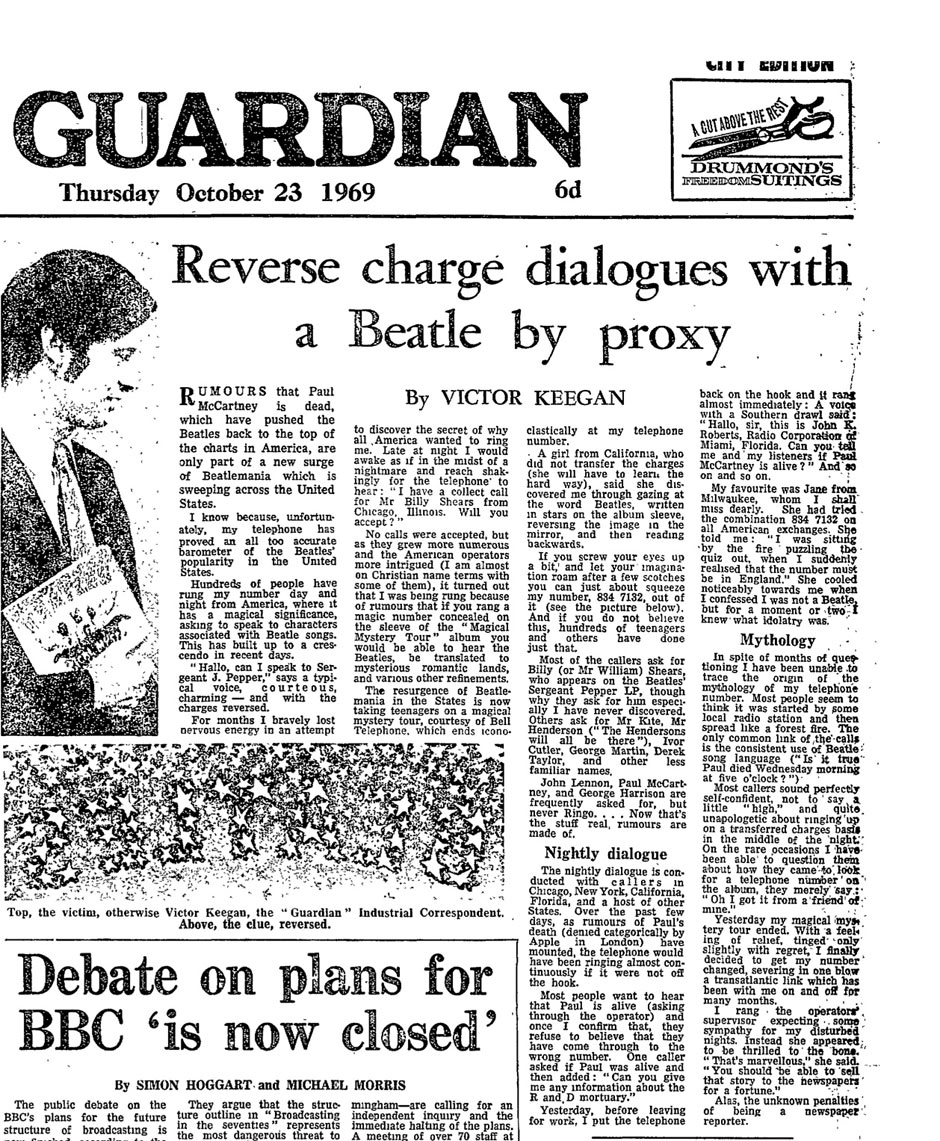Physics items:
- New results are in from the dark matter search at the XENON100 detector in Gran Sasso in Italy. See here for technical slides, or read the summaries at Quantum Diaries or Cosmic Variance. Basically, they see no dark matter events above the background expectation, so the exclusion limits on WIMP mass and cross-section are extended. As Sean Carroll points out, the results appear to be in some tension with some other experiments, but these things depend on theoretical assumptions about the nature of dark matter.
- In the Guardian, Jon Butterworth muses about the 'impact' of the discovery of the Higgs, and on the usefulness of 'impact' in general as a guide for deciding what scientific research to fund. There are some worthwhile points there, especially about who should get to decide which science has an 'impact' and which not. But I felt on some issues the piece was rather confused — he first seems to suggest that "a sense of progress" and the satisfaction of simply "adding to the body of human knowledge" are sufficient justification for funding fundamental research that may have no other forseeable benefit, but later says he disagrees with the statement that "the acquisition of knowledge is somehow morally or intellectually superior to the application or dissemination of knowledge". So which is it?
I wrote about my own views on the justification for funding science research that has no obvious economic, medical or social payoff here. I do think it is justifiable, even if one can safely predict that there will never be any direct benefits from such research (serendipitous spin-offs, like the common examples of the internet or MRI, are a separate issue, but cannot be guaranteed). So it annoys me to see people constantly trying to justify studying the Higgs boson in terms of what hypothetical technological advances it might bring. Face it, there won't be any — if you don't believe me, here is Steven Weinberg saying much the same (among other interesting things!), or click here to see just how hard it is to come up with any remotely plausible technological speculations consistent with known physics.
The point is that there already exist good enough reasons for funding fundamental research, so let's leave out all the rubbish about Higgs-powered spaceflight and so on, shall we? - Readers may have already seen elsewhere the story of the physicist Paul Frampton, who has been in an Argentine jail for several months, facing charges of drug smuggling. It's a sad and frankly incredible story; I see (via Peter Woit) that Frampton expects he might be released soon (though he's been wrong about this before).
- There is a fantastic super-slow-motion video of a lightning strike, shot at 7207 frames per second, available here, with a nice little explanation of the mechanism of the strike. I'd highly recommend it!
- A Canadian wonders whether the Euro is worth saving at all.
- Is there a magic button for the UK government to press? Do they want to press it?
- On a more cheerful note, some time ago Peter Coles posted Patrick Barrington's lovely comic poem I Had A Hippopotamus. It begins like this:
I had a hippopotamus; I kept him in a shed
Barrington's best known poem The Diplomatic Platypus is also great fun (and has a strangely similar theme).
And fed him upon vitamins and vegetable bread.
I made him my companion on many cheery walks,
And had his portrait done by a celebrity in chalks.
His charming eccentricities were known on every side.
The creature’s popularity was wonderfully wide.
He frolicked with the Rector in a dozen friendly tussles,
Who could not but remark on his hippopotamuscles.
[...]

